Your Basket
Your basket is empty.
For those seeking the best loose leaf black tea, exploring varieties such as Assam, Kenya, Darjeeling, or Ceylon can offer unique and exquisite flavours that cater to individual preferences – but what if you could have all these teas combined into one unique product. Well now you can… introducing Miles’ very own blend ‘Superior Black’ When it comes to black loose-leaf tea, there are several factors to consider in determining the best option. The quality of the black tea leaves, the region of origin, and the processing method all play a crucial role in creating the best black tea experience. Loose-leaf black tea offers a more robust flavour profile compared to tea bags, as the whole leaves retain more essential oils and natural flavours. Additionally, loose leaf black tea allows for customization in terms of brewing time and strength, providing a personalized tea-drinking experience. Ultimately, investing in high-quality black loose leaf tea can elevate your tea-drinking ritual to new heights of enjoyment and satisfaction.
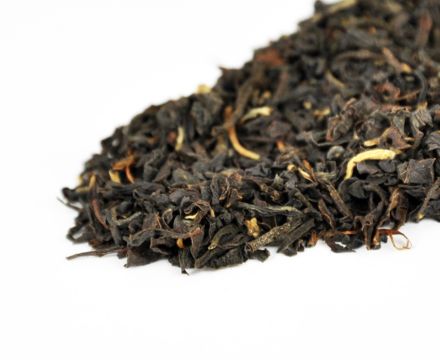 Superior Black Loose Tea
10g - Sample Pack
£0.55 each
Superior Black Loose Tea
10g - Sample Pack
£0.55 each
Try a little, before you buy a lot!

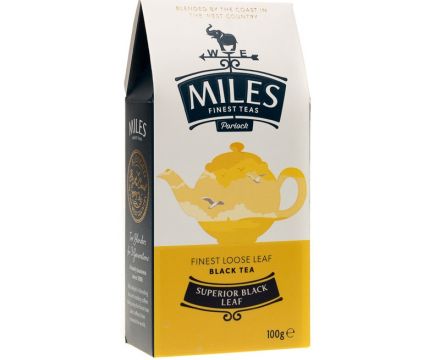 Superior Black
100g Loose Leaf Tea
£3.80 each
Superior Black
100g Loose Leaf Tea
£3.80 each
An exceptional blend of superior black tea leaves

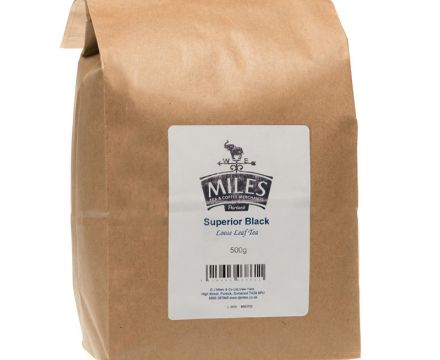 Superior Black
500g Loose Leaf Tea
£17.85 each
Superior Black
500g Loose Leaf Tea
£17.85 each
An exceptional blend of superior black tea leaves

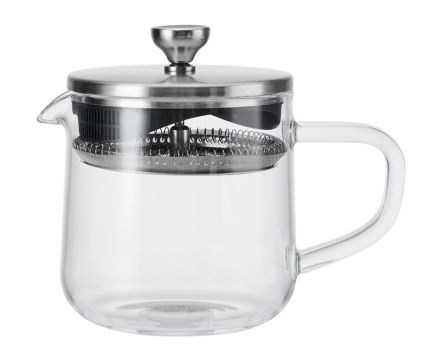 La Cafetière Loose Leaf 2-Cup Glass Teapot
£26.99 each
La Cafetière Loose Leaf 2-Cup Glass Teapot
£26.99 each
Embracing the café culture lifestyle the brand is revered...

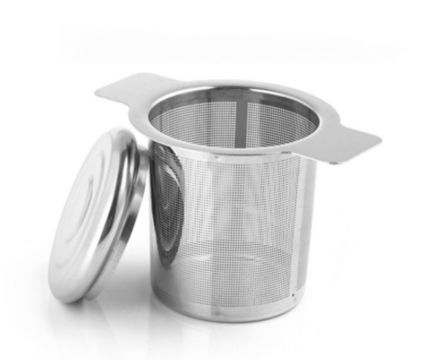 Double Handle Tea Infuser with Lid
£4.99 each
Double Handle Tea Infuser with Lid
£4.99 each
An essential item for any tea connoisseur, this tea strainer will...

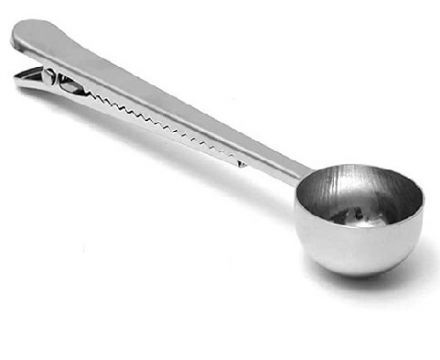 Tea & Coffee Measuring Scoop
£2.50 each
Tea & Coffee Measuring Scoop
£2.50 each
Measure out your ground coffee, coffee beans or loose leaf tea with...

Black tea is a popular beverage enjoyed worldwide and offers several health benefits. Rich in antioxidants known as polyphenols, black tea can help reduce the risk of chronic diseases such as heart disease and certain types of cancer. The presence of flavonoids in black tea may also contribute to improved heart health by promoting healthy blood vessel function and reducing inflammation. Furthermore, black tea contains compounds that could potentially enhance gut health by supporting the growth of beneficial bacteria. While black tea does contain caffeine, moderate consumption can be a part of a healthy diet and may provide a boost in alertness and concentration. It is important to note that adding excessive amounts of sugar or cream to black tea can diminish its health benefits, so consuming it without added sweeteners is recommended for optimal health outcomes.
Black tea and plain tea, also known as white or green tea, differ mainly in their processing methods. Black tea undergoes a full oxidation process, where the tea leaves are withered, rolled, oxidized, and then fired to halt the oxidation process. This results in a dark color and robust flavor. On the other hand, green and white teas are not oxidized or are only partially oxidized, preserving their natural green color and delicate flavours. Additionally, black tea generally contains more caffeine than white or green teas due to its processing method. Each type of tea offers unique taste profiles and health benefits based on their processing and oxidation levels.
When brewing loose leaf black tea, it is essential to follow a few key steps to ensure a perfect cup of tea. Start by heating water to the appropriate temperature, which is typically around 93°C for black tea. Next, measure out the desired amount of loose leaf black tea, usually about 1 teaspoon per cup of water. Place the tea leaves in a tea infuser or a teapot. Then, pour the hot water over the tea leaves and let it steep for 3-5 minutes, depending on your preference for strength. Once the steeping time is complete, remove the tea leaves or strain the tea to prevent over-extraction, which can result in bitterness. Finally, enjoy your freshly brewed loose leaf black tea plain or with milk and sweetener if desired.
Your basket is empty.